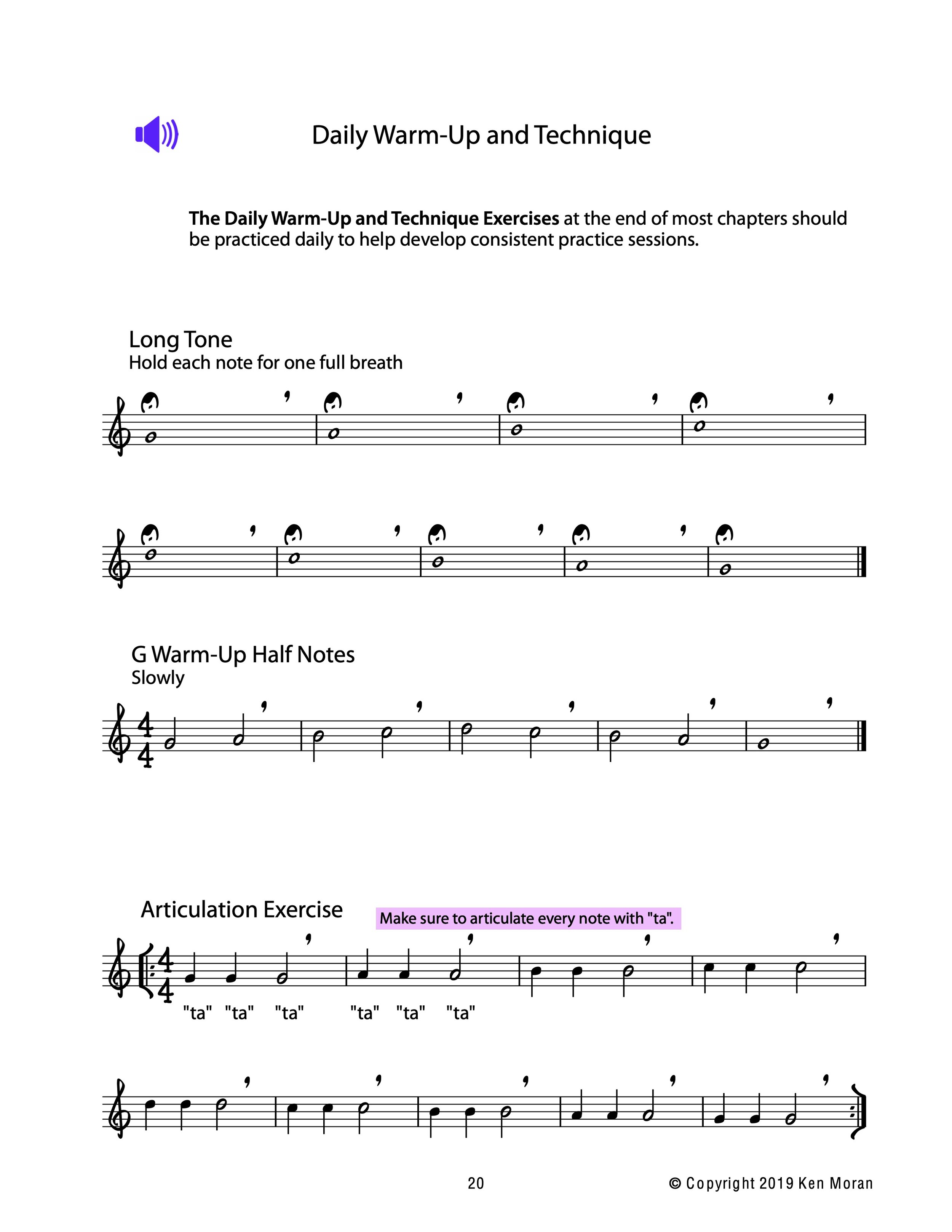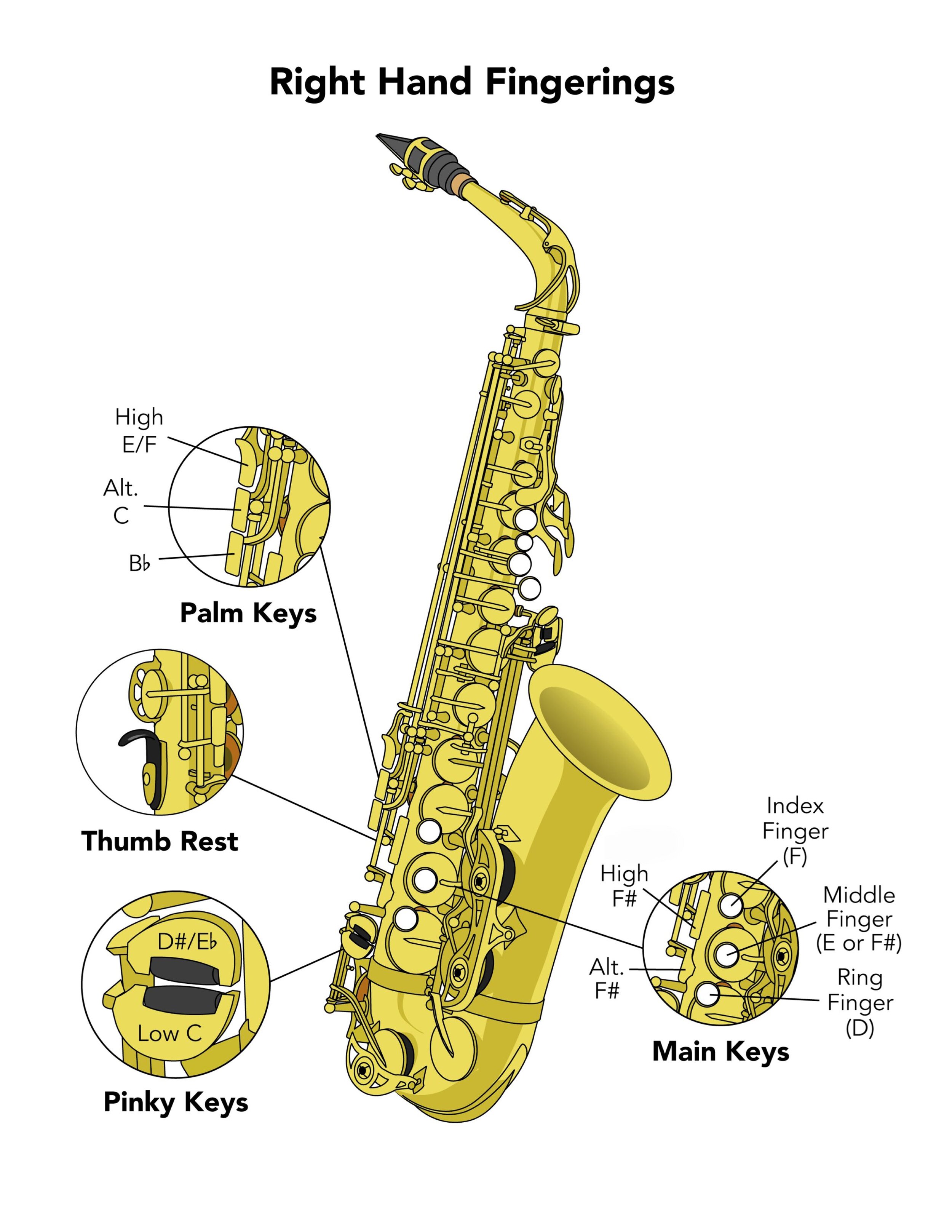Even More Essential Method Books
Ken Moran
As I discussed in the last blog post, there are many good method books that can serve as an introduction to the basics of saxophone, clarinet, and flute technique. Many of these book are use in lessons with your private instructor. Here, I will be talking about books geared more towards intermediate instrument study, furthering your jazz style, and improvisation skills.
An excellent book for intermediate to advanced flute study is Trevor Wye's Practice Books for Flute. The book is a collection of smaller books that can be purchased individually, but why not have all of them! Inside, you will find explanations accompanying the exercises and a well put together method of scales, tone exercises, and everything else that in needed for your flute technique. This is a MUST HAVE! Let's move on to clarinet.
Celebrated Method for Clarinet is a standard book for intensive intermediate to advanced study for clarinet performance. This is a heavy book with pages upon pages of technical and articulation exercises as well as classic solo and duet repertoire. The book does offer a few suggestions as well as a good fingering chart, but is best when used in conjunction with a private music teacher.
For saxophone, the go-to method book for technique is Universal Method for Saxophone. The book, by Paul DeVille, is an essential piece to anyone's library that is seriously interested in learning saxophone. When stepping up to more challenging material on saxophone, these exercises can seriously help you reach that next level of playing ability. Even after spending time on this book, you can always revisit the exercises and speed up the tempo if you need a challenge. As with Celebrated Clarinet Method, you can use this book by yourself by would be advised to work though it with an instructor. Continuing from technique book, we will now visit some great publications designed to forward your playing in the jazz style and in improvisation.
I am a huge fan of duet books, especially when playing them with students. Duets allow for musical interaction and students can listen to me for stylistic nuances and rhythms if they are having difficulty. The first duet book I recommend is at least for the intermediate player--Jazz Conception for Saxophone Duets. This book comes from the Basic Jazz Conception series that I reviewed in my last post. Included is a play-along CD to practice with at home or to use in lessons. Duets are great for playing and also a lot of fun, but transcription books and essential for learning the jazz language. In the last post, I mentioned the Charlie Parker Omnibook. The next book that I would suggest for my students is John Coltrane Solos, published by Hal Leonard. If you are studying jazz, it is of course imperative to listen to and learn John Coltrane solos. This book offers easy to read notation along with chord changes so you can see exactly whats going on musically. Another transcription book similar to this is Dexter Gordon | Jazz Saxophone Solos. I was given this book in middle school and I spent countless hours learning Dexter's solos. Again, these two books are a MUST HAVE! Finally, patterns are an important way to learn jazz vocabulary, which is essential for jazz improvisation. Oliver Nelson's, Patterns for Improvisation, is awesome. Although it lacks any serious explanation, this book literally lists out pattern after pattern in twelve keys. You can work on these pattern with a metronome, memorize them, and use them when you are practicing improvisation when at all possible.
For my next post, I will focus more on equipment for woodwinds. Thanks for reading!












